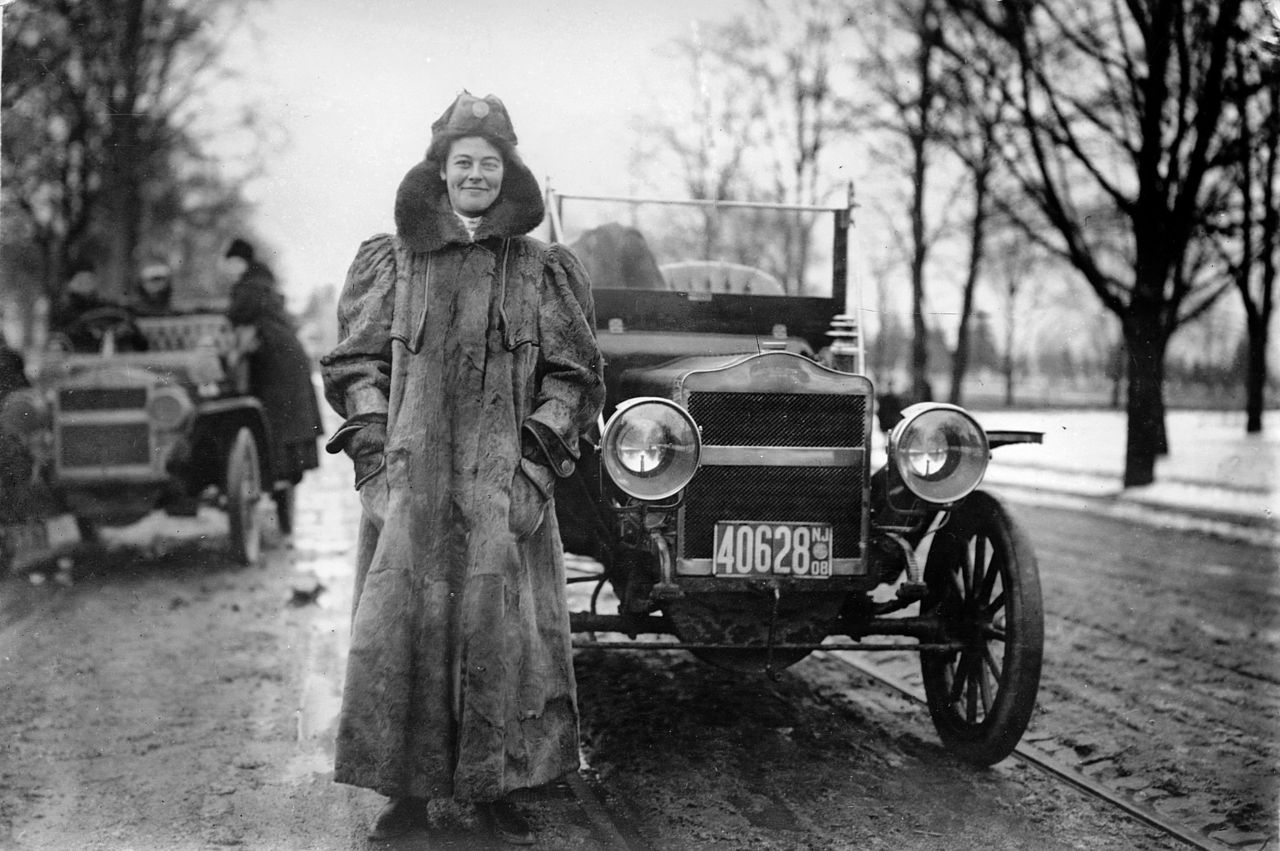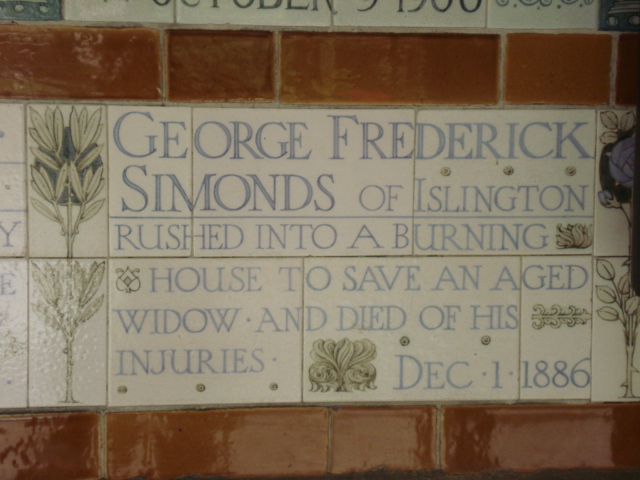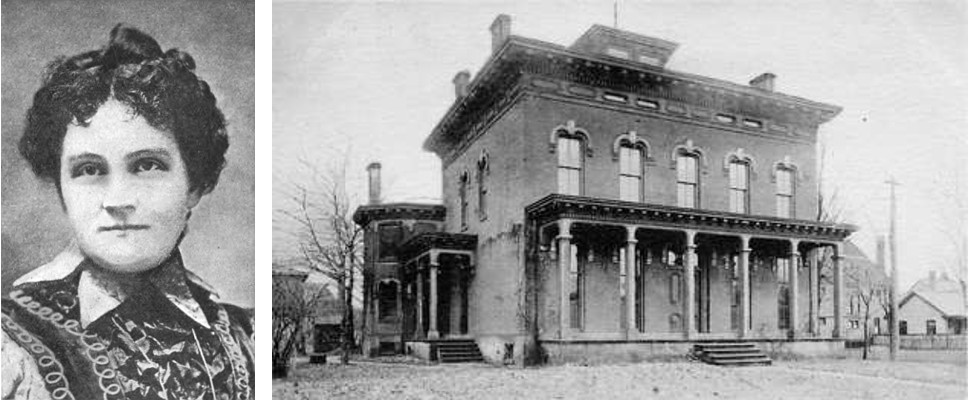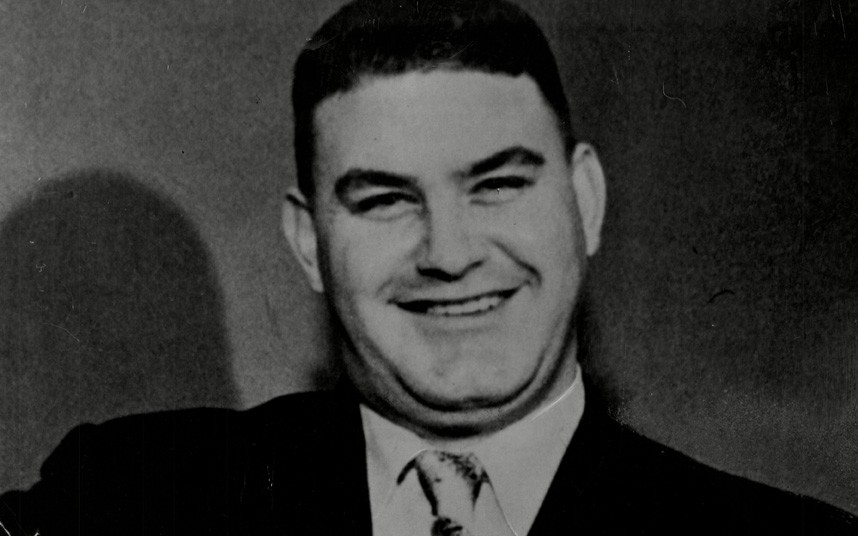
In some parts of Amsterdam, residents mount mirrors on the sides of parlor windows in order to monitor neighborly activities. This window bears two, one directed sideward and the other down. They’re called spionnetjes, or “little spies.”
“Little spies are relics of an earlier period when they enabled residents to preview visitors, but they are now used to see what is going on up and down the block,” writes John L. Locke in Eavesdropping: An Intimate History (2010). “At one time, similar mirrors were used in America, including Society Hill in Philadelphia.”







